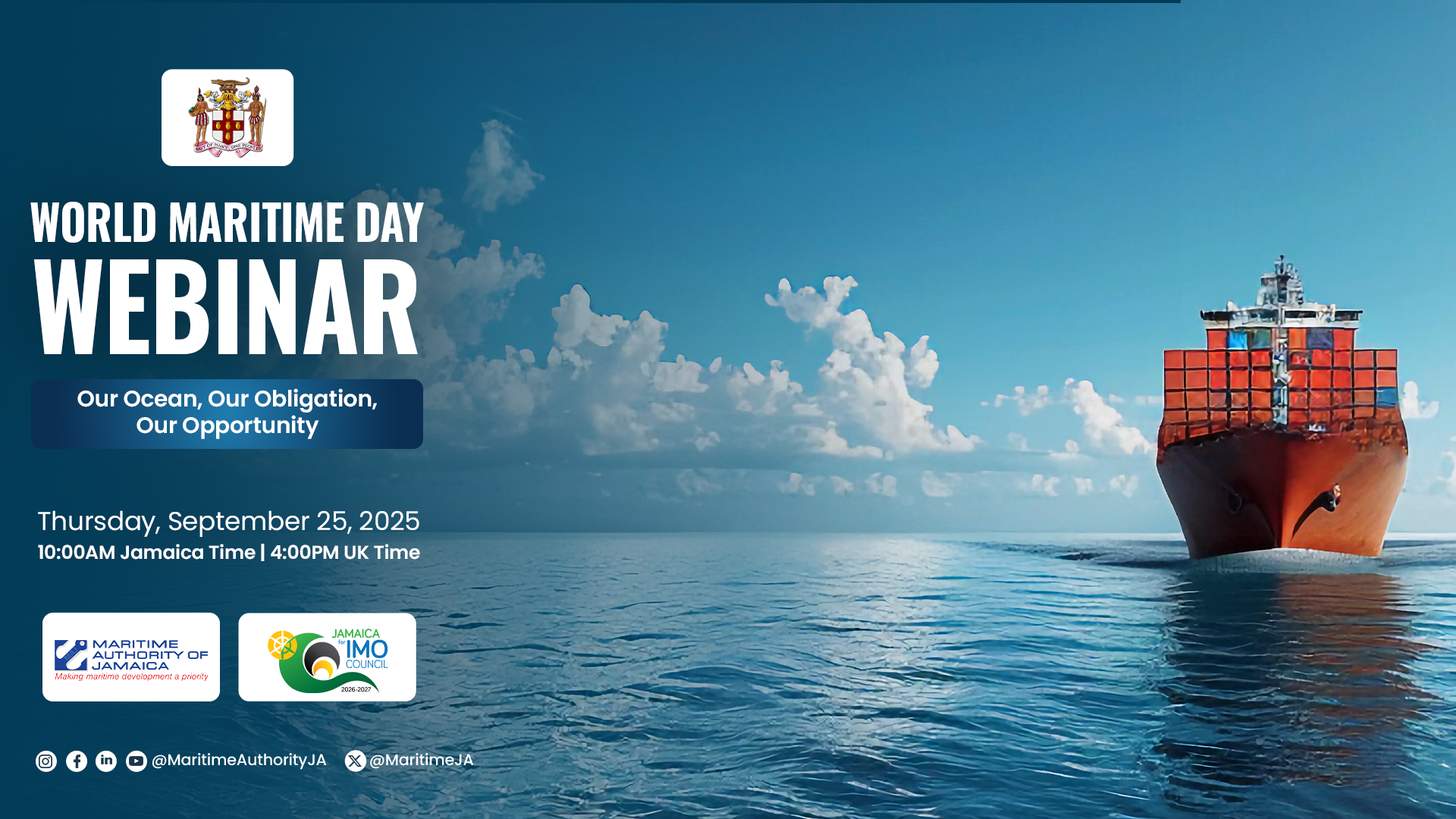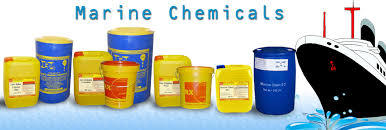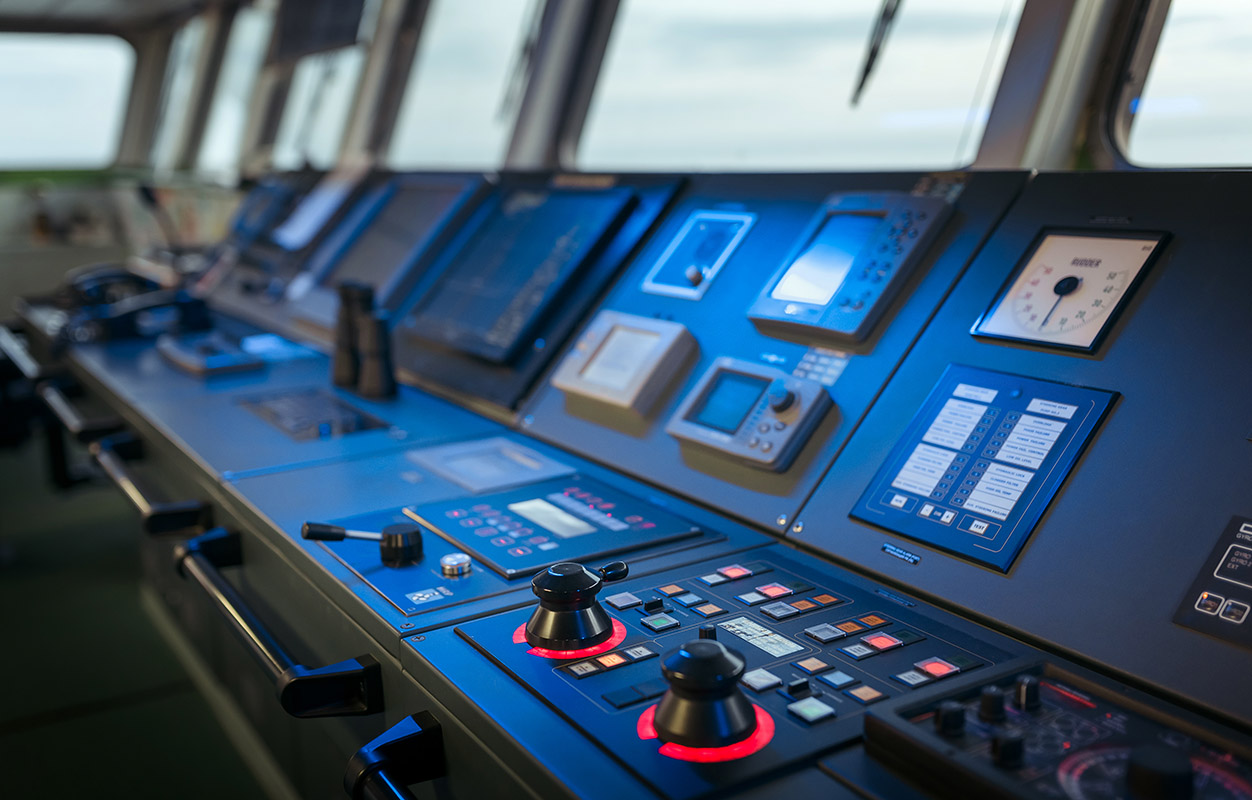

About Us
AVS has led maritime supply, catering, and logistics for 39 years, serving seafarers globally. Our reach spans 1,500+ ports in 126 countries, committed to excellence, innovation, and sustainability. We aim to surpass client expectations, making their challenges our mission.
Partner with AVS, where fast, efficient and reliable maritime solutions is our priority.
About UsContact Info
- Soganlik Yeni Mah, Pamukkale Sk. No:2, 34880, Kartal, Istanbul, Turkiye
- +90 216 591 0849
- info@avsglobalsupply.com
What is STCW?
- Home
- Blog
- What is STCW?

Kategori Yok
- Date: 12 Jun 2025 21:00
- Author: AVS Editor Staff
What is STCW?

STCW refers to the International Convention on Standards of Training, Certification and Watchkeeping for Seafarers, first adopted in 1978 by the International Maritime Organization (IMO).
STCW sets minimum training and competence standards for every seafarer on a vessel flying the flag of a signatory state. It covers certificates, refresher intervals, medical fitness, and record-keeping.
Its purpose is to ensure that seafarers around the world meet consistent training and competency standards across all flag states.
Origins and Evolution
| Milestone | Key Additions | Impact on Operators |
|---|---|---|
| 1978 Convention | Baseline certificates of competency | Standardised officer licences globally |
| 1995 Amendments | Quality standards, flag-state oversight | Raised training school accountability |
| 2010 Amendments | ECDIS, security training, rest hour rules | Triggered fleet-wide gap analyses |
Who Must Comply with STCW?
- All crew serving on seagoing merchant ships ≥ 500 GT
- Engineers, deck officers, and radio operators
- Seafarers assigned to safety, security or pollution prevention duties
Core Elements of STCW
Mandatory Training & Certification
-
Basic Safety Training (BST)
- Personal survival techniques
- Fire prevention and fire fighting
- Elementary first aid
- Personal safety and social responsibilities
-
Officer Certification
- Deck: OOW, Chief Mate, Master
- Engine: EOOW, Second Engineer, Chief Engineer
-
Specialised Endorsements
- Tanker operations (oil, chemical, LNG)
- GMDSS Radio Operator
- ECDIS, High-Voltage training
Watchkeeping and Work Hours
- Crew assigned to watchkeeping must hold valid STCW certificates.
- Hours of rest must comply with IMO/ILO standards.
- Watch schedules must align with minimum safe manning documents.
Benefits of STCW Compliance
- ✅ Enhanced safety and emergency readiness
- ✅ Reduced PSC detentions and vetting issues
- ✅ Meets charterer and insurance requirements
- ✅ Enables structured career progression for crew
Common Pitfalls to Avoid
- ❌ Certificates expiring mid-voyage
- ❌ Non-Manila-compliant refresher courses
- ❌ Training from non-accredited providers
- ❌ Incomplete record-keeping during audits
Best Practices for Ship Managers
- Integrate STCW validation into crewing software.
- Schedule training renewals around crew rotations and dry docks.
- Use high-fidelity simulators for advanced drills (e.g., ECDIS blackout, LNG release).
- Maintain digital backups of certificates on board.
STCW is the global baseline for maritime safety, professionalism, and vessel eligibility. Understanding its requirements is essential for anyone involved in ship operations, crew management, or regulatory compliance.
Frequently Asked Questions About STCW
What does STCW stand for?
STCW stands for the International Convention on Standards of Training, Certification and Watchkeeping for Seafarers. It sets global requirements for seafarer qualifications to promote safety at sea, reduce accidents, and support environmental protection.
What is the main purpose of STCW?
The convention aims to ensure all seafarers are trained to a uniform global standard. This allows ships to operate safely and efficiently across borders, while maintaining a strong focus on human safety and marine environmental responsibility.
Who needs an STCW certificate?
Anyone working on board ships operating in international waters — including deck officers, engineers, ratings, and support crew — is required to hold appropriate STCW certification.
How can I get STCW certified?
To obtain an STCW certificate, you must complete the required training courses at an approved maritime training center, pass both practical and theoretical assessments, and submit documentation to the relevant maritime authority.
What topics are covered in STCW training?
STCW courses include core safety subjects such as:
- Survival techniques at sea
- Fire prevention and firefighting
- Basic first aid
- Personal safety and social responsibility
- Emergency procedures and shipboard safety protocols
What are the 5 basic STCW courses?
The five core courses that form the foundation of STCW certification are:
- Basic First Aid
- Fire Prevention and Firefighting
- Personal Survival Techniques
- Personal Safety and Social Responsibility (PSSR)
- Proficiency in the Use of Lifesaving Appliances
What are the 7 basic STCW courses?
Following the 2010 Manila Amendments, two additional training modules were added:
6. Security Awareness
7. Anti-Piracy and Armed Robbery Awareness
Together with the original five, these form the full set of basic STCW safety training.
What were the 2010 Manila Amendments?
The Manila Amendments introduced major updates to STCW, including revised training content, new competencies (such as ECDIS use and security duties), stricter medical and rest hour requirements, and mandatory refresher intervals.
How long is an STCW certificate valid?
Most STCW certificates are valid for five years. Renewal typically involves completing refresher courses and passing updated medical evaluations.
How can I prepare for STCW exams?
Preparation involves reviewing course materials, participating in simulator or practical training sessions, and using mock exams provided by your training center.
Who delivers STCW training?
STCW courses are delivered by institutions that meet international maritime training standards. These include accredited maritime academies, training centers, and certified private providers.
What is required to renew an STCW certificate?
To renew an STCW certificate, you must:
- Attend mandatory refresher training
- Complete a valid medical exam
- Submit updated documentation to your flag state or relevant authority
How does STCW benefit a seafarer’s career?
Holding STCW certification allows crew to work globally, increases onboard safety competence, and supports career advancement through recognized international qualifications.
What determines the cost of STCW courses?
Training costs vary based on:
- The training provider
- Course length and format
- Included modules and practical exercises
- Local or national exam fees
In what language are STCW courses taught?
Most STCW training is conducted in English, but many countries also offer approved translations or localized versions to support native-language learners.
How is STCW different from national certifications?
STCW certification is internationally recognized and required for working on foreign-flagged vessels. National certificates, on the other hand, apply only within domestic waters and are based on local maritime regulations.
How does STCW contribute to maritime safety?
By enforcing consistent global training standards, STCW ensures seafarers are well-prepared for onboard emergencies. This reduces incident rates, strengthens environmental compliance, and enhances overall vessel safety.

Published by
AVS Editor Staff
Bilinmiyor


